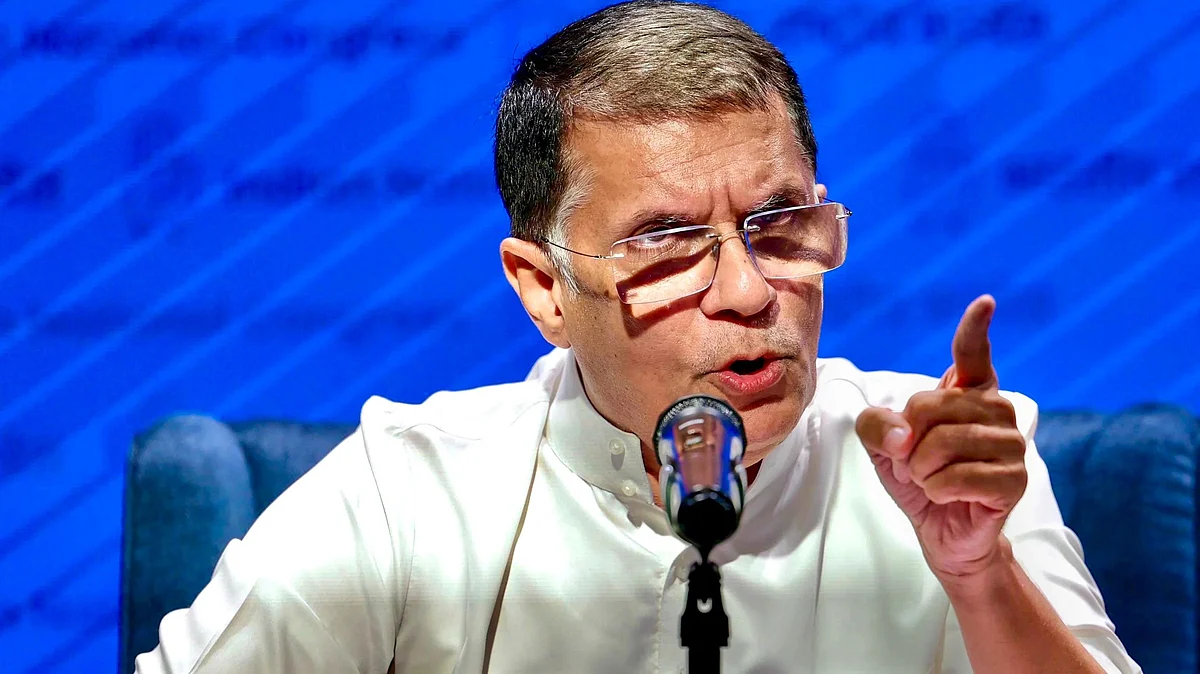Pawan Khera questions Modi’s ‘friendship’ with Trump amid Gaza crisis
Congress leader criticises Narendra Modi’s foreign policy, questioning his repeated praise of US president

As hopes rise for a sustained ceasefire in Gaza, bringing some relief to the millions affected by conflict, Congress leader Pawan Khera on Thursday, 9 October, called attention to the humanitarian catastrophe that has claimed over 67,000 lives, left countless families displaced, and caused severe shortages of food and basic necessities.
“The genocide in Gaza, which has caused daily starvation, destruction, and displacement, must come to an end,” Khera said, emphasising the urgency for peace, justice, and relief for the Palestinian people.
However, the Congress leader also used the occasion to critique Prime Minister Narendra Modi’s foreign policy approach, questioning his repeated public affirmations of “friendship” and endorsements of US President Donald Trump.
Khera pointed out that Trump has historically taken positions adverse to India’s interests, including:
Engaging closely with Pakistani military chief Asim Munir,
Pushing unfavourable trade agreements on India,
Pressuring India to curb ties with Russia,
Imposing high H-1B visa fees, and
Directing American tech firms to restrict Indian hiring.
“So why is the Indian prime minister desperate for the friendship of an American President who has consistently acted against India’s interests?” Khera asked, framing it as a question of principle, strategic foresight, and national interest.
The remarks come amid global scrutiny of India’s diplomatic engagements, especially in the context of rising tensions in the Middle East and the ongoing humanitarian crisis in Gaza. Khera’s critique underlines the tension between moral accountability in international affairs and performative diplomacy, highlighting the challenge for India to balance global partnerships with national interests and ethical considerations.
In urging India to act with strategic caution and moral clarity, Khera stressed that while the world hopes for peace in Palestine, it is equally critical for Indian leadership to prioritise principled engagement over symbolic gestures of friendship.
Follow us on: Facebook, Twitter, Google News, Instagram
Join our official telegram channel (@nationalherald) and stay updated with the latest headlines
